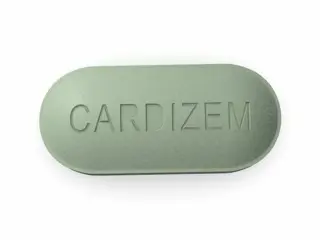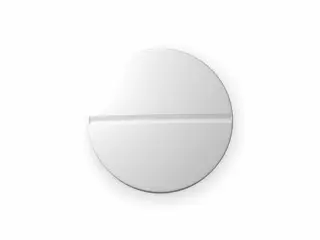Cardiovascular
Discover a wide selection of high-quality cardiovascular medications and supplements designed to support heart health, improve circulation, and manage blood pressure. Shop trusted brands and effective treatments to help maintain a healthy cardiovascular system.
The cardiovascular system is crucial for maintaining overall health. Diseases related to the heart and blood vessels affect millions worldwide. Medications in this category help manage these conditions effectively.
Altace is widely used to treat high blood pressure and heart failure. It belongs to a class called ACE inhibitors. This medication works by relaxing blood vessels. This lowers blood pressure and improves blood flow. Many patients report fewer side effects compared to older drugs. Common side effects include cough and dizziness.
Cardarone and Cordarone are brand names for amiodarone. This medication is used to treat serious heart rhythm problems. It helps restore normal heart rhythm and prevent abnormal beats. Because of its potency, it is prescribed under strict medical supervision. Some side effects may include thyroid problems, lung issues, and skin discoloration.
Cardizem is a calcium channel blocker. It helps to relax and widen blood vessels. This lowers blood pressure and reduces chest pain (angina). Cardizem is often prescribed for hypertension and certain types of arrhythmia. Side effects are generally mild but may include swelling and headaches.
Cartia XT is a long-acting form of diltiazem. It works similarly to Cardizem by relaxing blood vessels. This improves blood flow and lowers heart workload. Patients benefit from once-daily dosing. Like other calcium blockers, it can cause swelling and dizziness.
Coumadin is a well-known blood thinner. It is primarily used to prevent blood clots. Conditions like atrial fibrillation, deep vein thrombosis, and pulmonary embolism benefit from its use. Patients require regular blood tests to monitor its effect. Common side effects include bleeding and bruising.
Lanoxin, or digoxin, is used for heart failure and certain arrhythmias. It improves heart contraction strength and regulates heartbeat. Patients must take it carefully, as overdose can cause serious side effects. Symptoms of toxicity include nausea, vision changes, and irregular heartbeat.
Lisinopril is another ACE inhibitor. It is often prescribed for high blood pressure and heart failure. Like Altace, it helps relax blood vessels and lower blood pressure. Lisinopril can improve kidney function in diabetic patients. Side effects include cough, dizziness, and elevated potassium levels.
Micardis is an angiotensin II receptor blocker (ARB). It treats high blood pressure and reduces stroke risk. It works by blocking substances that tighten blood vessels. Many patients tolerate it well, with fewer cases of cough compared to ACE inhibitors. Possible side effects are dizziness and fatigue.
Nimotop contains nimodipine, used primarily after brain hemorrhage. It protects brain cells by widening blood vessels in the brain. This reduces the risk of complications after stroke or brain injury. Patients should adhere to dosing instructions carefully. Side effects may include headache and nausea.
Plavix is an antiplatelet agent. It stops platelets from clumping and forming clots. It is prescribed for patients with heart attacks, stroke history, or arterial disease. Preventing clots reduces risk of further cardiovascular events. Careful monitoring is essential to avoid bleeding risks.
Samsca is used to treat low sodium levels. It works by increasing water excretion without losing electrolytes. This medication is important in patients with heart failure and syndrome of inappropriate antidiuretic hormone secretion (SIADH). Side effects include thirst, dry mouth, and increased urination.
Overall, cardiovascular medications provide essential support for heart and blood vessel health. Each drug targets specific problems like high blood pressure, arrhythmias, or clot prevention. Choosing the right medication depends on individual conditions and doctor guidance. Patients must follow prescriptions closely and report any side effects promptly.
Proper management of cardiovascular diseases improves quality of life and reduces risk of severe complications. These medications, combined with lifestyle changes, form the cornerstone of treatment. Regular check-ups and monitoring ensure safe and effective use of heart medications.














